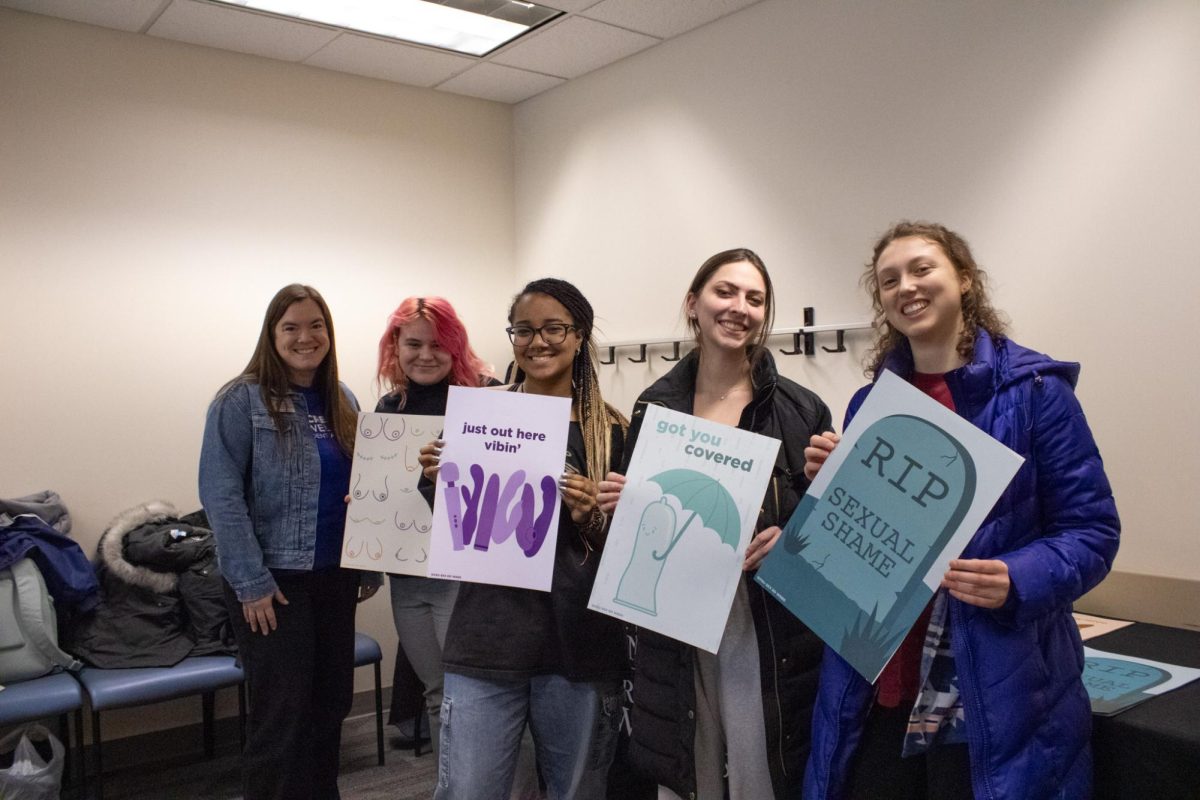Respiratory illnesses are on the rise in the United States, especially as winter weather hits parts of the nation.
With the rise in seasonal illnesses across the nation, health officials advocate for individuals to find protective measures to stay healthy.
“The amount of respiratory illness (fever plus cough or sore throat) causing people to seek healthcare is elevated or increasing across most areas of the country,” the Centers for Disease Control and Prevention (CDC) announced in a Respiratory Virus Weekly Snapshot on Jan. 12.
Typically, there is a rise in cases of respiratory illnesses during the winter months. The change in cold air affects nasal tissue temperature, which can dramatically lower the body’s immune response. It is more difficult to fend off illness during the winter months because of the body’s lowered natural defenses. Staying indoors, naturally in the winter, can also increase the spread of illnesses as humans are in closer contact with one another.
Historically, each year the influenza virus and respiratory syncytial virus (RSV) are the most common winter illnesses. COVID-19 is now also on the list. COVID-19 is the leading cause of hospitalizations in the U.S., as the CDC reports nearly 29,000 hospitalizations during the week of Dec. 23. The Red Cross reports hospitalizations for COVID-19 are up 17% and COVID-related deaths are up by 10%, further contributing to elevated levels of respiratory illnesses in the country.
Jamie Dykstra, a nurse at the Helen DeVos Children’s Hospital in Grand Rapids, said the hospital must adapt each year in the winter while respiratory cases are on the rise.
“We often fill all (of) our rooms, our pediatric ICU expands from one floor to two and we need to be very flexible and adaptable,” Dykstra said. “At times we need to put patients (together) in one room.”
Often health workers will pick up extra shifts during the winter season because of the amount of patients. Dykstra said that to health workers, it’s just a normal part of the profession.
The most important thing for Michiganders to do to stay safe is “washing hands, taking daily vitamins and staying well nourished and hydrated,” said Elise Bierer a nursing student at Grand Valley State University.
The CDC recommends staying home if someone is sick to prevent the spread of disease, as the most contagious time frame is the first few days of any illness. When contagious, it’s important to stay away from people as much as possible, wear a mask and continue routine hand washing. It’s also important to clean and disinfect as a means of keeping germs at bay.
The CDC consistently releases the latest illness-related news. CDC reports and data on increasing respiratory illness in the U.S. can be found on the CDC’s website.




























